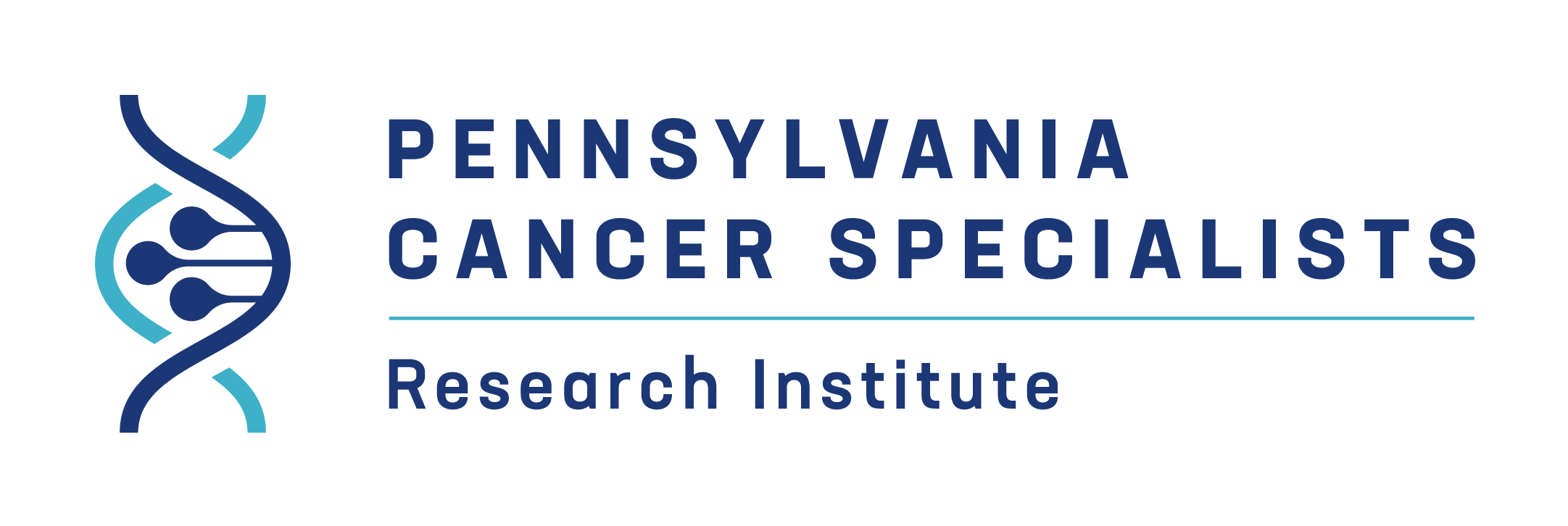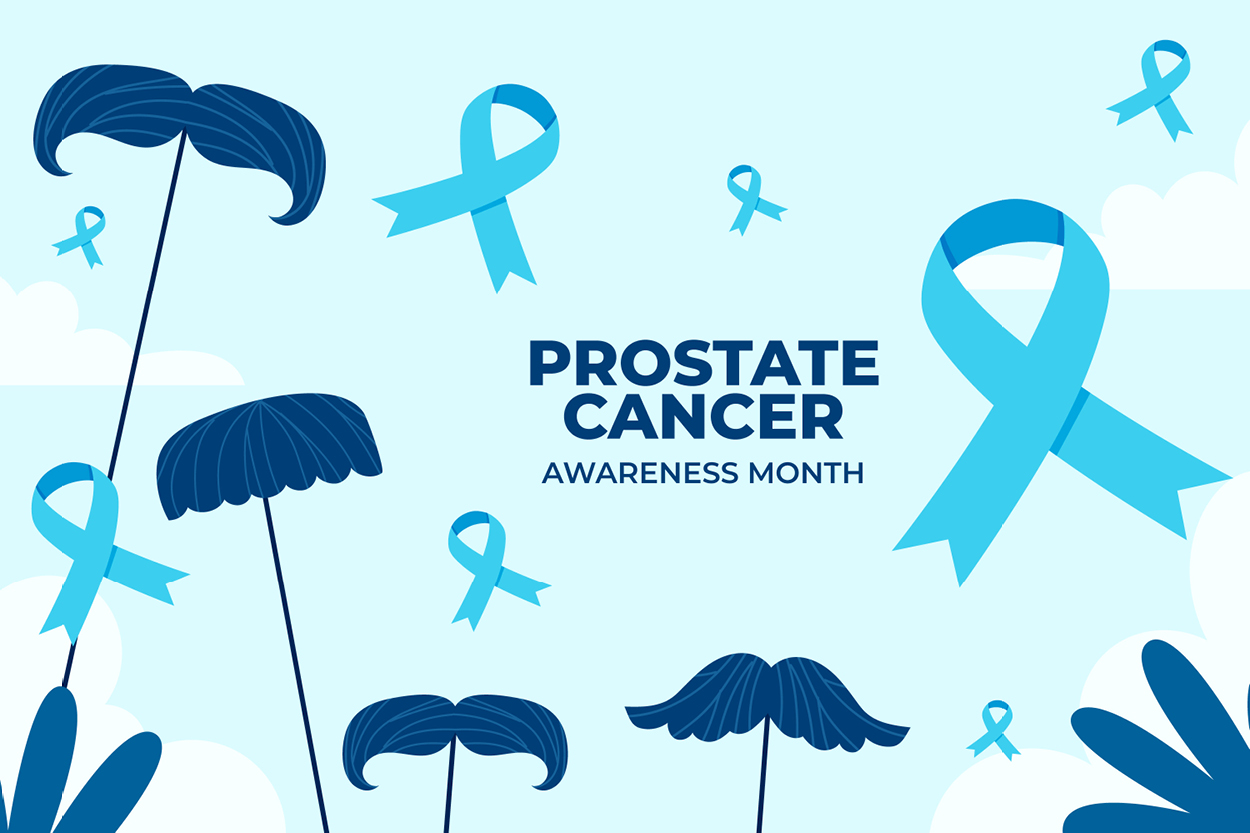Prostate Cancer & BRCA
Did you know that the same gene mutations linked to breast cancer in women can also increase prostate cancer risk in men? If you have a family history of breast, ovarian, or prostate cancer, understanding BRCA mutations could be important for your health.
BRCA1 and BRCA2 are genes that help protect against cancer by repairing damaged cells. When these genes don't work properly, cancer risk increases. In fact, men with BRCA2 mutations are about six times more likely to develop prostate cancer than men without the mutation. These cancers also tend to be more aggressive and occur at younger ages.
Your Family History Matters
Look at cancer cases on both sides of your family. Important warning signs can include male relatives with prostate cancer before age 60, multiple family members with breast cancer, or relatives with ovarian or pancreatic cancer.
Your genes are inherited from both parents, so cancer patterns from your father's family are just as important as those from your mother's family. Write down what types of cancer your relatives had and how old they were when diagnosed. This information helps doctors decide if genetic testing might be helpful.
Getting Tested
BRCA testing is simple; all that is required is a blood draw or saliva sample. Before testing, you'll meet with a genetic counselor who will review your family history and explain what the results might mean for you and your family.
If you test positive for a BRCA mutation, cancer is not guaranteed, but your risk is higher. Your doctor might recommend starting prostate cancer screening earlier, around age 40 instead of 50. You may also need more frequent PSA tests.
A positive result also affects your family. Your children have a 50% chance of having the same mutation, and your siblings might want to consider testing too.
What You Can Do
Whether you test positive or negative, you can take steps to protect your health. Men with BRCA mutations should work with doctors who understand hereditary cancer and can create personalized screening plans.
You can also help reduce your cancer risk through healthy lifestyle choices like regular exercise, maintaining a healthy weight, and eating plenty of fruits and vegetables.
If you're diagnosed with prostate cancer and have a BRCA mutation, you might be a good candidate for newer targeted treatments that work especially well for these types of cancers.
Understanding your genetic risk doesn't have to be overwhelming. The team at Pennsylvania Cancer Specialists can help you understand your family history, decide if genetic testing is right for you, and create a screening plan based on your individual risk. Contact Pennsylvania Cancer Specialists today to learn more about genetic testing and personalized cancer prevention.


